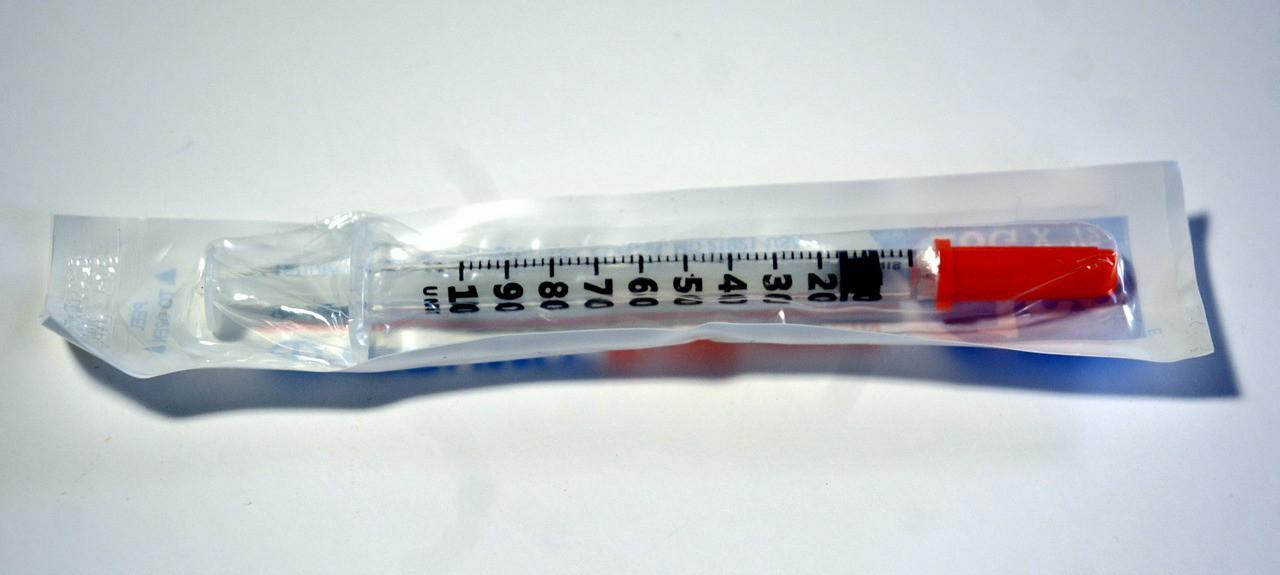Safety in numbers: Will District Attorneys support saving lives?
Supervised injection sites — places where IV drugs users can avoid contracting disease and deathly overdoes — have been cited approvingly by public health experts as one of the most effective ways to control the opioid epidemic. They have been popular in Canada. But, public officials in the U.S. have shied away from them. The tide may be starting […]

Supervised injection sites — places where IV drugs users can avoid contracting disease and deathly overdoes — have been cited approvingly by public health experts as one of the most effective ways to control the opioid epidemic. They have been popular in Canada. But, public officials in the U.S. have shied away from them.
The tide may be starting to turn. Larry Krasner, the Democratic nominee for Philadelphia District Attorney, announced today that he approves the use of safe injection sites. “I don’t think saving lives in controversial,” he told the local NBC affiliate. His opponent also indicated that she would support safe injection cites as well.
Philadelphia has been hard hit by the opioid crisis. Last year, over 900 people died from overdoses; about 55,000 are addicted. In the U.S., about 100 people died every day from an overdose, and 2015 overdoses were triple percentages points from those in 2010. Pennsylvania’s deaths are above the national average.
California just killed a legislative bill that would have let counties establish their safe injection sites. The proposed bill would have allowed for eight counties to open safe injection sites without using state funds. Oppositionfrom the California District Attorney Association, the California Sheriffs’ Association, and the California Police Chiefs Association all opposed the bill and helped block its passage. Republicans unanimously voted no.
The bill was supported by a broad range of people, including San Francisco District Attorney George Gascon. The San Francisco Board of Supervisors is scheduled to recommend that the city begin looking into opening safe injection facilities, although the failed bill might now derail this option.
My colleagues Carimah and Rebecca have previously covered the resistance of law enforcement to safe injection sites. But, Krasner’s support — alongside an increasingly bipartisan realization that the opioid crisis will require a response that isn’t punitive — hopefully represents a chance that will help thousands of people. Last night, I watched Reveal’s new documentary Heroin(e) and what I found most powerful was the idea that people from different backgrounds could come together in hope and find a way to solve what has become an incredibly difficult public health crisis.
